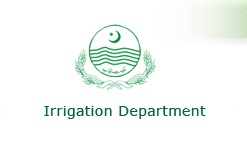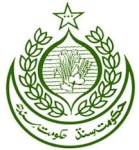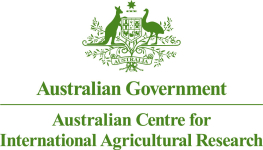The project aim and research activities are fundamentally oriented at capacity building for enhancing agricultural sustainability with a focus on improved groundwater management. This is reflected in the long-term (ten-year) desired outcome from this project: to have groundwater management operating in ways that enhance the livelihoods of farmers in Pakistan. For our project to deliver on such a long-term outcome requires careful consideration of the foundations that a four-year project can provide. Indeed, impact analysis needs to be iterative, evolving through interaction and discussion with collaborating stakeholders as the project develops, and outcomes are achieved. By the end of this project, the foundational outcomes to help deliver on the longer-term impact are:
1. Farmers, farming organisations and partner non-government organisations have started introducing improved groundwater management practices.
2. Government agencies in Pakistan have started developing/ demonstrating improved groundwater-related planning, monitoring, management strategies/options and policies.
3. Relevant provincial-level government agencies, non-government organisations and farming organisations have developed effective partnerships for ongoing discussion on groundwater management issues and solutions.




















